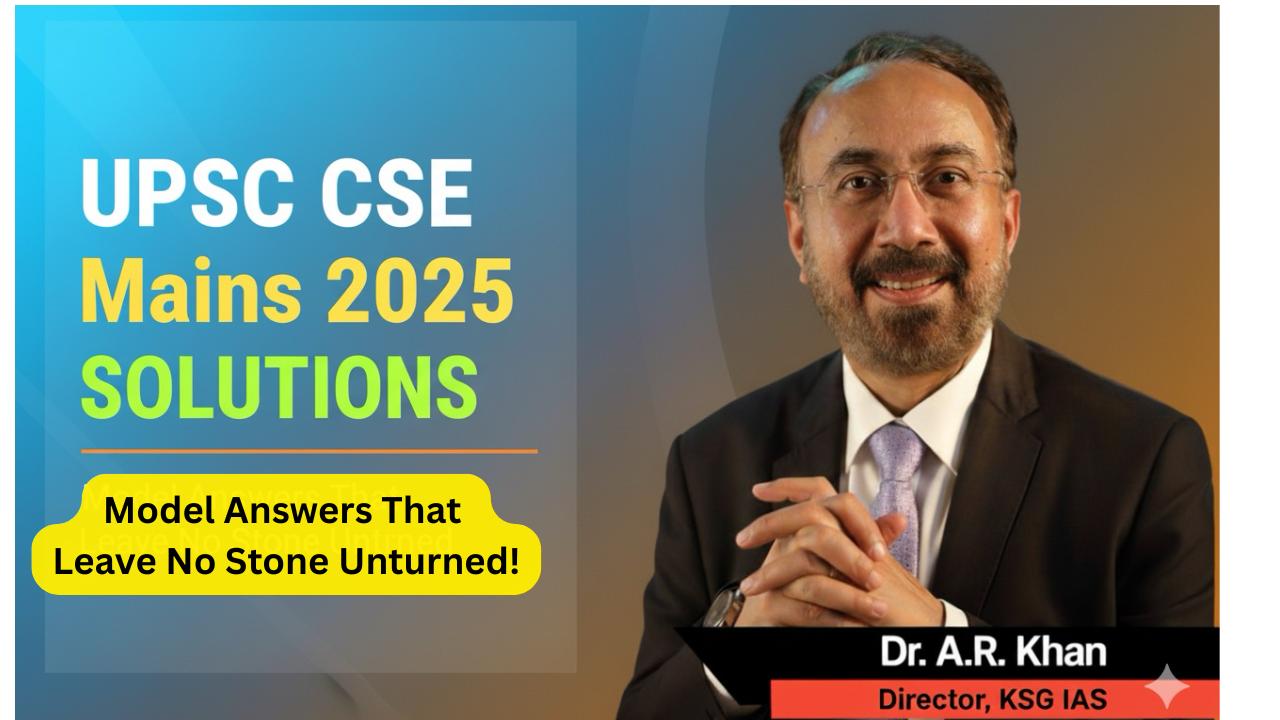Q8. Civil Society Organizations are often perceived as being anti-State actors than non-State actors. Do you agree? Justify.
Possible Introductions
Definition-based:
Civil Society Organizations (CSOs) are non-State, non-market institutions operating between the individual and the State, including NGOs, advocacy groups, social movements, trade unions, and community associations.
Contextual:
In India, CSOs have played crucial roles in pushing for reforms (RTI, MGNREGA, environmental protection), but are often perceived by governments as anti-State due to their dissenting nature.
Philosophical:
As Alexis de Tocqueville observed, civil associations are “schools of democracy,” but in authoritarian or sensitive settings they may appear confrontational to the State.
Main Body
1. Why CSOs Are Perceived as Anti-State Actors
-
- Advocacy & Dissent: CSOs challenge government policies (environmental clearances, land acquisition, Aadhaar privacy).
- Watchdog Role: Expose corruption, human rights violations, and misgovernance. Example: Anna Hazare’s movement (2011) pushed for Lokpal, but was seen as undermining political legitimacy.
- Foreign Funding Concerns: Some NGOs accused of promoting external agendas (e.g., Greenpeace India restrictions under FCRA).
- Street Mobilisation: Protests often confront State power (tribal rights in Niyamgiri, CAA protests, farmers’ movement).
- Media Visibility: Criticism amplified, creating impression of CSOs being against the State rather than complementing it.
2. Why CSOs Are Not Necessarily Anti-State, but Non-State Actors
-
- Service Delivery: Supplement State in welfare (healthcare, education, disaster relief). Example: NGOs like SEWA, Pratham, Akshaya Patra.
- Democratic Deepening: Enhance participatory governance by mobilising marginalised voices (Dalits, tribals, women).
- Policy Innovation: CSO inputs shaped RTI Act, Forest Rights Act, and food security schemes.
- Global Best Practices: Scandinavian and European states institutionalise CSOs as partners in governance.
- Constitutional Role: Article 19 ensures freedom of association; thus dissent is part of democratic functioning.
3. Balanced Perspective
-
- State’s View: Any challenge to policy is seen as obstruction, hence the “anti-State” label.
- Civil Society’s Role: Constructive criticism ensures accountability; absence of dissent risks majoritarian or authoritarian tendencies.
- Reality: CSOs are corrective, not adversarial, if seen as part of democratic checks and balances.
Sweet Spot – Table
| Perceived as Anti-State | As Non-State Partners |
|---|---|
| Protest against projects (Narmada Bachao Andolan) | Partnered in literacy & health campaigns (Pratham, ASHA workers) |
| Opposition to laws/policies (Farmers’ protests) | Assisted in RTI, FRA, MGNREGA formulation |
| Foreign-funded activism (Greenpeace, FCRA scrutiny) | Humanitarian relief during COVID-19 |
Possible Conclusions
Balanced:
CSOs may appear anti-State when they criticise or protest, but they are fundamentally non-State actors whose role is to democratise governance.
Policy-linked:
The State must distinguish between constructive criticism and subversive activity, while CSOs must ensure transparency and accountability (e.g., FCRA compliance).
Philosophical:
As Mahatma Gandhi emphasised, dissent is the highest form of patriotism when it serves truth and justice.
Forward-looking:
For India@2047, synergy between State capacity and civil society vibrancy is essential to deepen democracy and achieve inclusive development.

